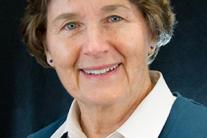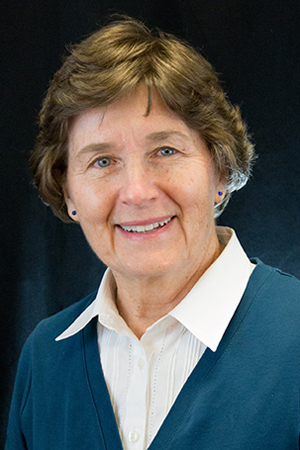Women in Mathematics Seminar and Luncheon

How do Seasonal Variations Affect Disease Emergence in Vector Transmitted Diseases?
Linda J. S. Allen, Department of Mathematics and Statistics, Texas Tech University
3:30-4:30
28 March 2019
Abstract
Seasonality and contact patterns affect the dynamics of disease outbreaks. Recent studies applied to deterministic and stochastic epidemic models with periodic environments have shown that the average basic reproduction number is not sufficient to predict an outbreak. We extend these studies to a time-nonhomogeneous stochastic vector-host model with demographic variability and periodic fluctuations to better understand the combined effects of variability and periodicity on the risk of a disease outbreak. A multitype branching process approximation is used to calculate the probability of a disease outbreak. The approximation follows from the solution of a system of differential equations which is derived from the backward Kolmogorov differential equations. This approximation shows that the risk of a disease outbreak is also periodic and depends on the particular time at which either an infected vector or an infected host is introduced into the susceptible vector and susceptible host populations. Numerical examples with periodic transmission rates for vector and host illustrate the times at which there is the greatest probability of an outbreak and also demonstrate how these times are related to the peak transmission rates for vector or host.

About the speaker
Linda Allen is a professor in the Department of Mathematics and Statistics at Texas Tech University. She received her PhD in mathematics in 1981 from the University of Tennessee. Dr. Allen’s research interests are in mathematical modeling in biology. In her research, she develops and analyzes both deterministic and stochastic models to study population, epidemic, viral, and immune system dynamics. She is the author of two books: An Introduction to Stochastic Processes with Applications to Biology and An Introduction to Mathematical Biology.
Luncheon
11:00-12:30
Maxim Doucet Hall 206
Note: There will be time for conversations and getting to know each other. Be a part of this UL Lafayette math community that supports and inspires girls and young women who love math. Men are welcome and encouraged to attend.
Contact Madi Angerdina to register for the luncheon.
